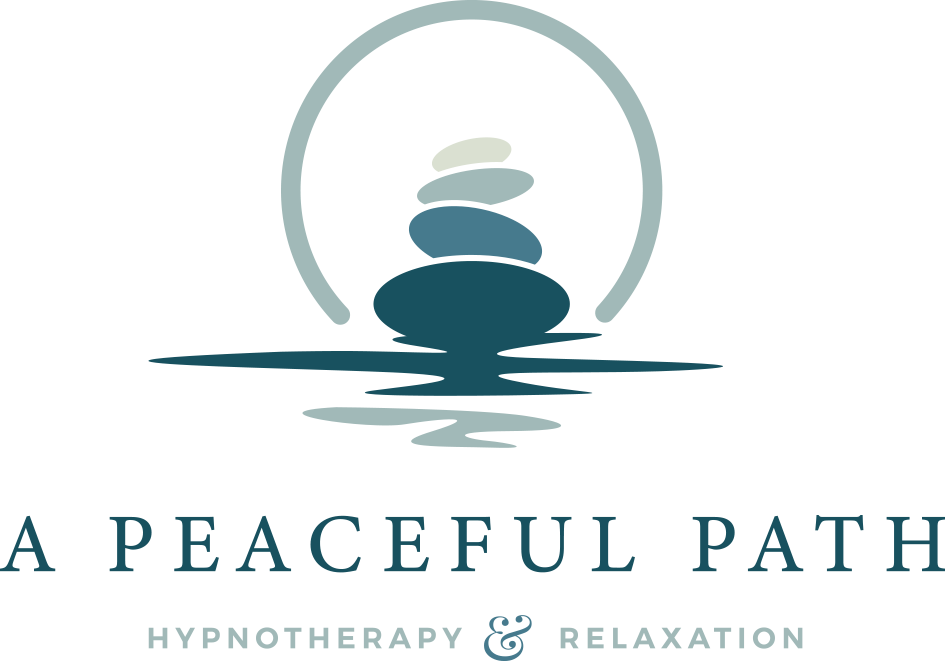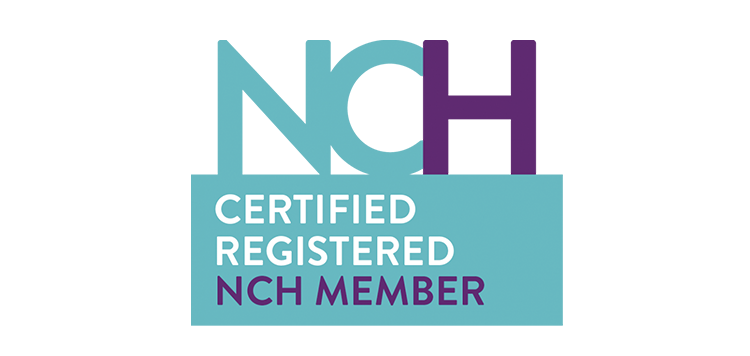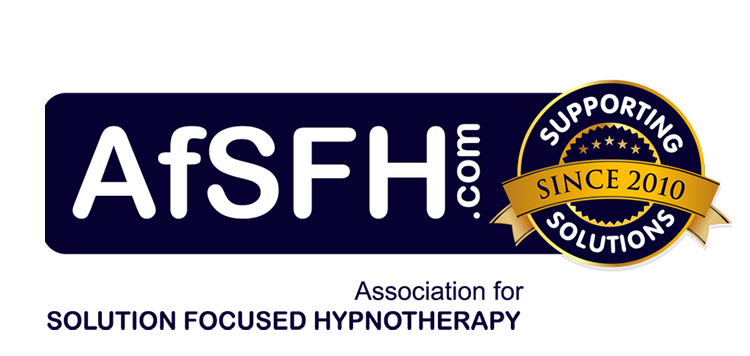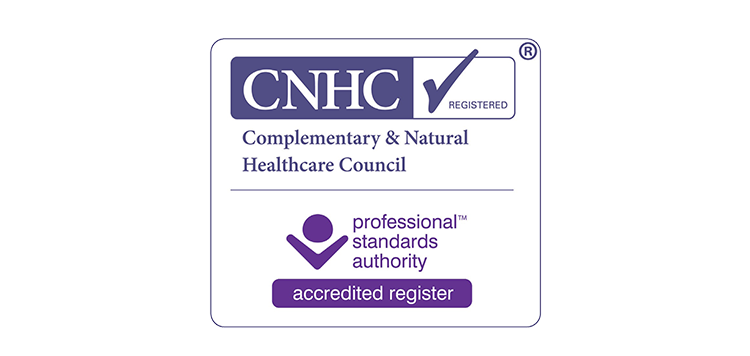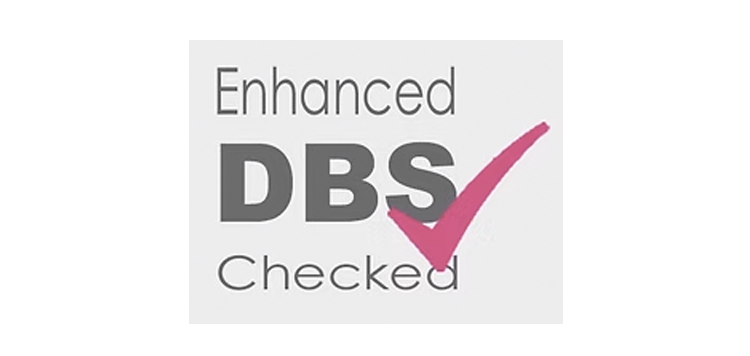Frequently Asked Questions
-
What is Solution Focused Hypnotherapy (SFH)?
Solution Focused Hypnotherapy is a forward looking talking therapy that combines principles of psychotherapy with hypnotherapy to help you make positive changes in your life in a relatively short period of time.
Solution Focused Hypnotherapy is based on neuroscience, understanding how the brain works, and learning how to manage your thoughts, feelings and actions in a positive way.
Solution Focused Hypnotherapy also uses tools from Cognitive Behavioural Therapy (CBT) and Neurolinguistic Programming (NLP).
For more information on Solution Focused Hypnotherapy check out the Association for Solution Focused Hypnotherapy of which I am a member.
-
How is Solution Focused Hypnotherapy different to other kinds of Hypnotherapy?
Solution Focused Hypnotherapy uses a specific structure, which incorporates Solution Focused Brief Therapy (SFBT), Cognitive Behavioural Therapy (CBT), Neuro Linguistic Programming (NLP), Hypnosis and Positive Psychology.
SFH combines the above with an understanding of how the brain works in conjunction with trance. The combination of these elements engages clients into a state of focused attention, which enables them to facilitate change.
We focus on what you want to achieve rather than analysing the problem. We explore possibilities so that you can find the best solution for you without having to recall traumatic or distressing memories.
-
What is Hypnosis?
Hypnosis is a naturally occurring state that we all experience at various times and in various depths throughout the day.
Many people describe hypnosis as feeling similar to daydreaming, when they are neither fully alert, nor asleep. Everyone’s experiences and therefore descriptions of hypnosis will vary because all trance states feel different to different people.
During hypnosis insight can be gained through a new perspective and adjustments can be made to limiting beliefs that have influenced or directed a client’s life, sometimes resulting in radical change or gentle differences that increase positively over time.
Therapeutic techniques applied during hypnosis are usually quicker than the traditional forms of psychotherapy or counselling due to accessing the subconscious.
-
If I am in Hypnosis do I give up control?
No.
Hypnosis is a streamlined state of focused attention, similar to when you are absorbed in a book, a film a sport or a craft. You have the ability to emerge from hypnosis at any time if you wish.
My role is as a guide taking you on a journey; a facilitator but any change can only be made by you. Realising that you are in control and can make changes yourself can be very empowering.
The more often you choose to go into hypnosis the easier it is to relax into the process, secure in the knowledge that you remain in control and can end a session of hypnosis at any point should you wish to.
As most people find hypnosis deeply relaxing and a very pleasant experience they rarely choose to do this, but they are aware that they could if they so chose.
-
What will happen in a Hypnotherapy session?
Initial Consultation
In the Initial Consultation (IC) I will ask what has brought you to therapy and what you would like to have achieved and feel at the end of your course of sessions.
I will explain what hypnotherapy is, my method of working and what you can expect from the sessions.
There will be no hypnotherapy in an IC. An Initial Consultation is about an hour. The IC includes a relaxation MP3 which supports and enhances the work done in clinical session.
Hypnotherapy Sessions
Each session will last approximately 55 minutes plus 5 minutes admin at the end.
Our Hypnotherapy Sessions will be made up of part talking therapy and part hypnosis.
During the talking therapy part of your session you will be required to be engaged and actively participate to ensure you get the most from our work together.
We will focus on your time since we last met, what has been good and any positive changes. We will revisit any helpful neuroscience and techniques that will be employed in our session.
We will then move on to future goals and together we will formulate achievable steps for the week ahead.
After this you will have hypnosis where your Intellectual Mind will process the goals you have visualised and your ‘Stress Bucket’ will be emptied.
After a session you may feel uplifted, lighter and most likely, very relaxed.
As I will be working with your subconscious mind, change is often very subtle, so you may just notice a very positive shift in how you are feeling.
-
How effective is Hypnotherapy and what evidence is there to support this?
Solution-focused hypnotherapy is highly effective for a wide range of issues. Research supports its ability to help clients create lasting change by focusing on solutions and leveraging the power of the subconscious mind.
Hypnotherapy has been approved by the British Medical Association since 1892.
The below study, carried out by Inspire to Change, worked with Police Officers from Northumbria Police with excellent results.
